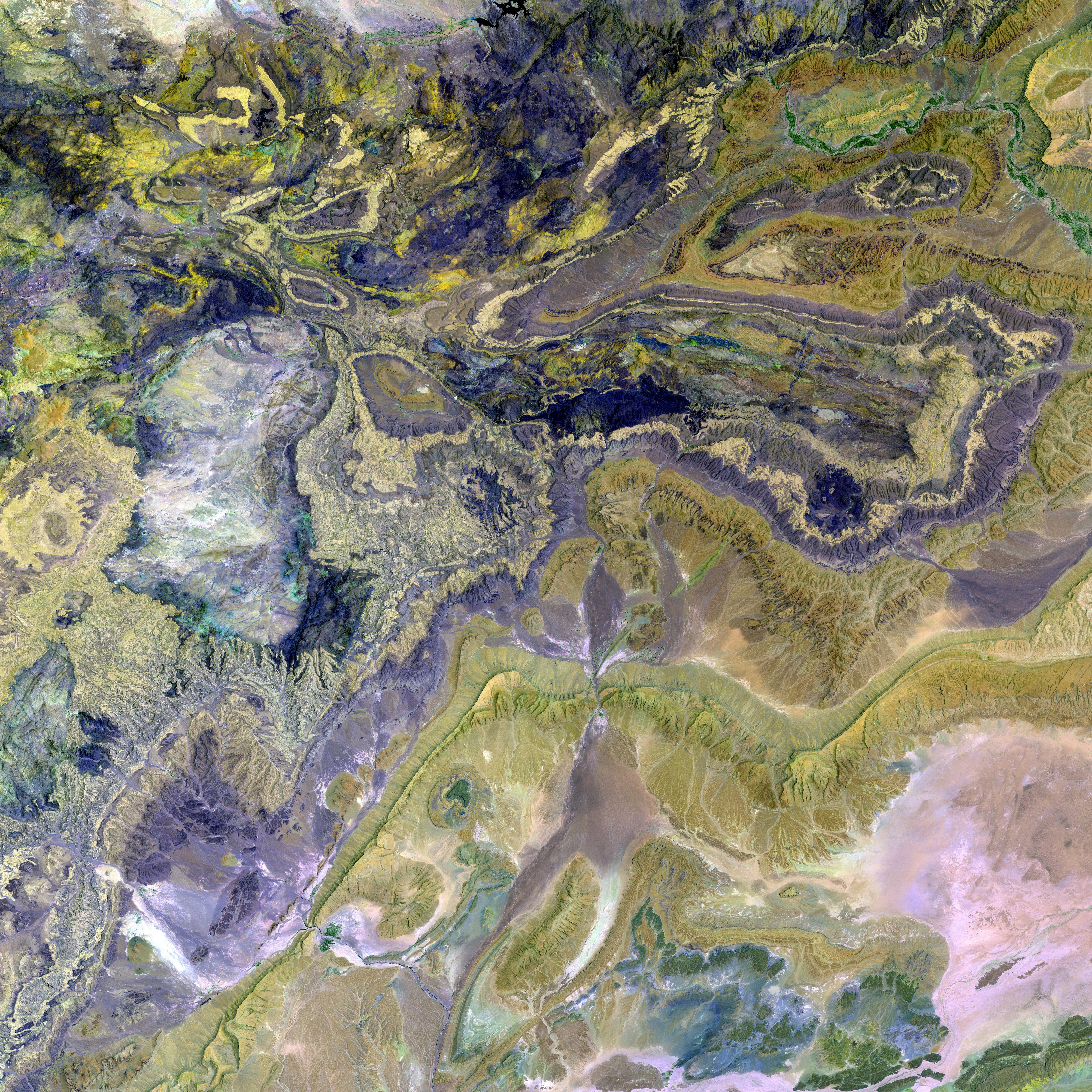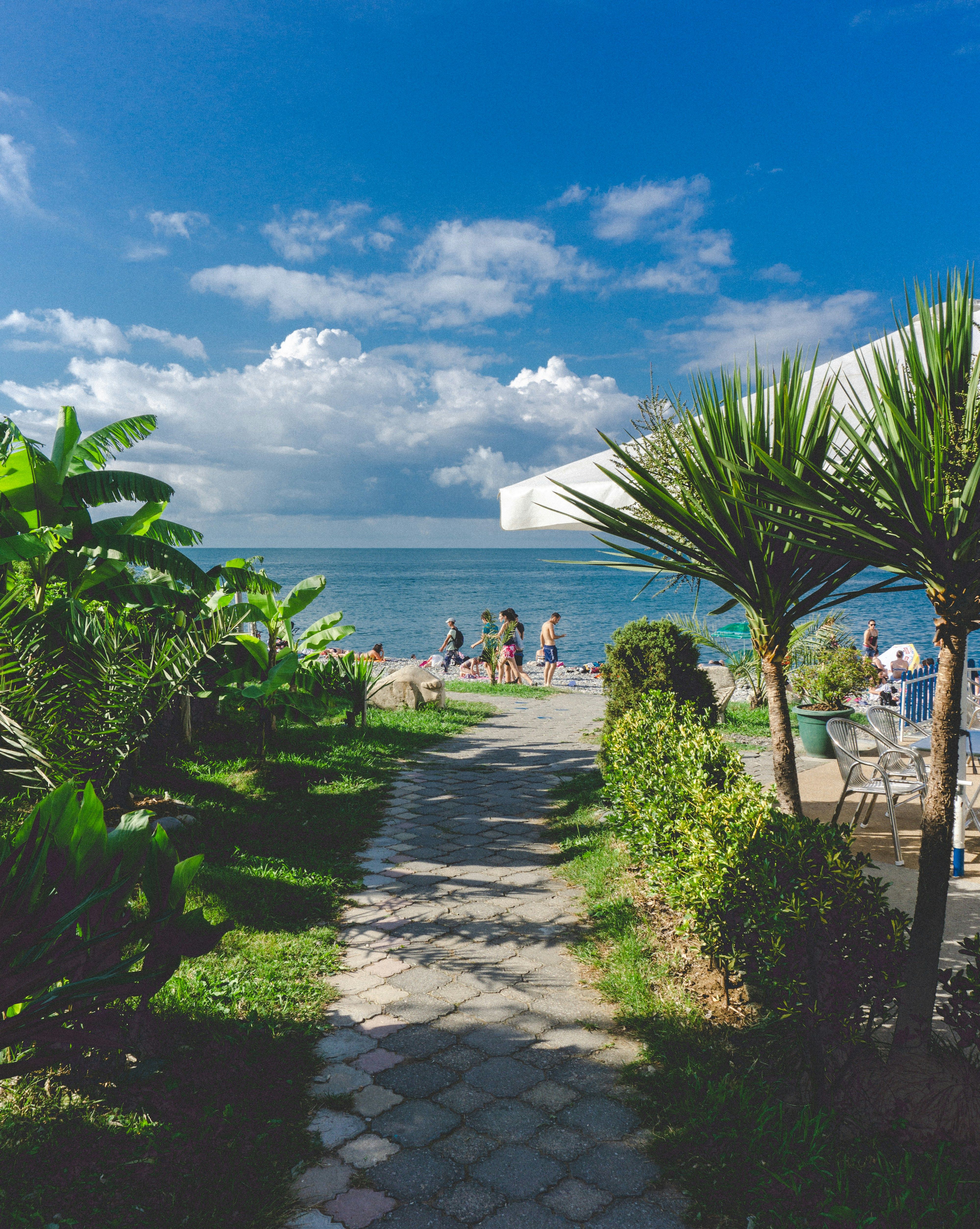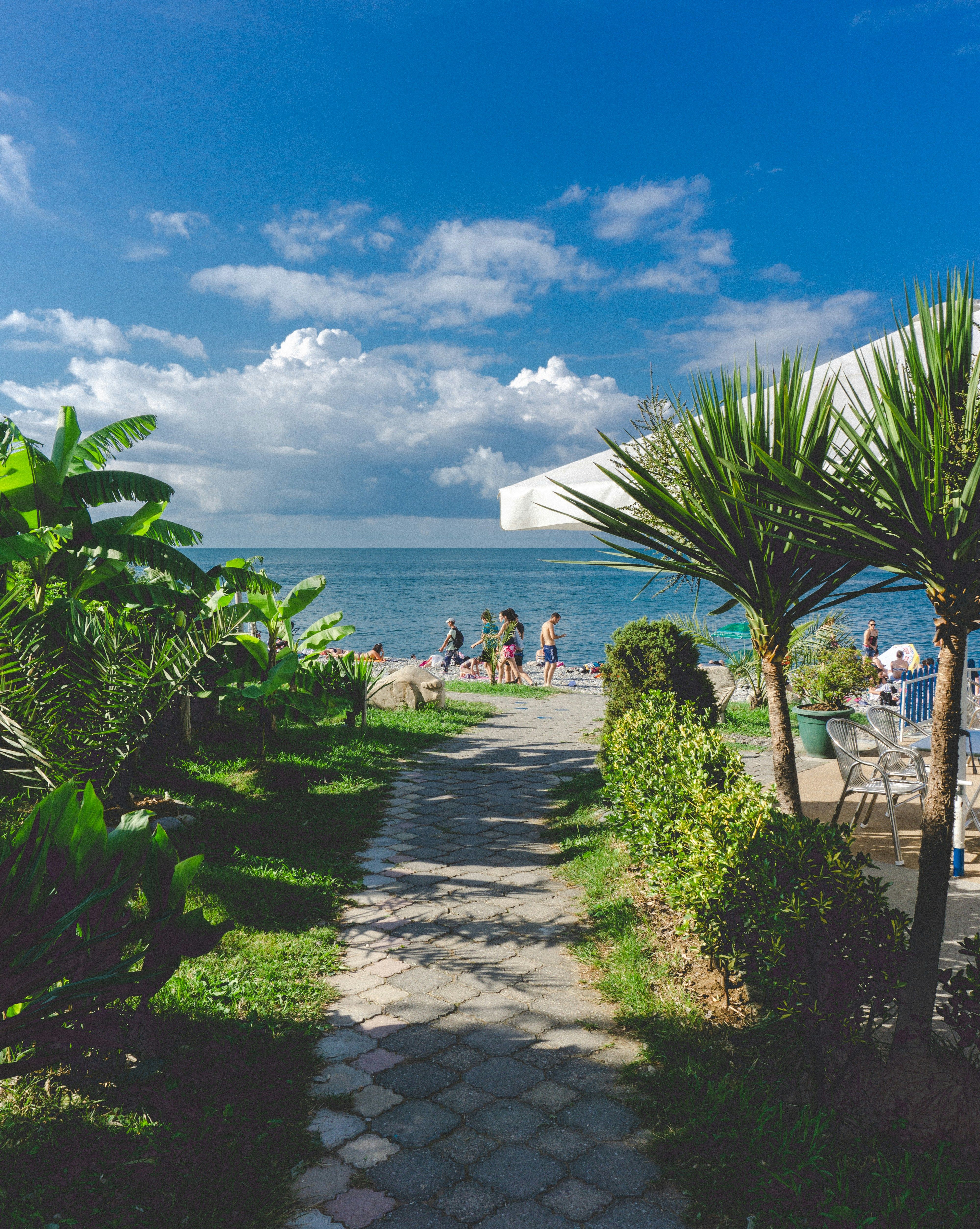Uncovering Argentina's Controversial Plan: Using Tainted Funds to Resuscitate Economy - Unveiling the Proposed Strategy for Using Illicit Funds to Rescue Argentina
Boosting Argentina's Economy: Legalizing Black Money
Argentina has been battling high inflation and a falling currency, leading to a cost-of-living crisis for its citizens. Inflation has caused prices for domestic goods to surge by more than 50 to 100 percent, forcing many Argentines to tighten their belts and switch to cheaper alternatives such as chicken instead of their staple beef [1].
"The price increases have been alarming," trader Eduardo Perez commented in the "Global Times" magazine. "People are now comparing prices at different supermarkets and purchasing only the essentials."
Argentina holds the unfortunate distinction of having the world's highest inflation rate, behind Zimbabwe. In April 2024, inflation peaked at a record-breaking 290 percent [1]. While the curve has since dropped, mistrust in the Argentine peso and banks remains rampant. Argentines have been keeping their savings and investments in foreign currencies, notably the US dollar. It is estimated that up to 250 to 400 billion US dollars in cash or abroad are in the hands of Argentine citizens - more than any other country outside the US [1].
Upon taking office, President Javier Milei promised to combat the growing budget deficit and strengthen the economy. One of his proposed solutions is dollarization – replacing the national currency with the US dollar [1]. This strategy has shown success in countries like El Salvador, Panama, and Ecuador. However, dollarization requires adequate foreign exchange reserves, low national debt, and a sound economic strategy – elements currently lacking in Argentina [2].
In an attempt to circumvent the limits on purchasing larger dollar amounts, a thriving black market has emerged in Buenos Aires. Citizens exchange their pesos for dollars to protect against currency fluctuations [2].
Seeking to bring billions of undeclared US dollars back into the formal economy, President Milei recently proposed relaxing or abolishing restrictive reporting obligations [1]. These were introduced in 2019 via decrees and a bill, requiring reporting on money transfers, cash withdrawals, real estate, and car sales above certain amounts [2]. Milei's plan, in essence, would legalize black money without requiring tax payments, but with the primary goal of making funds accessible, rather than collecting taxes [1].
The success of this initiative remains to be seen, as it will depend on economic stability and the broader acceptance of the policy among the Argentine populace [3][4]. While the move could boost economic activity and reduce reliance on the black market, concerns persist regarding currency stability and the potential impact on inflation [2]. The initiative aims to inject previously hidden dollars into the economy, with president Milei believing this could lead to substantial economic growth [1]. Nevertheless, addressing the underlying causes of high inflation will be crucial to ensure that the enhanced dollar circulation does not contribute to further inflationary pressures [1][2].
Sources:
[1] Perkins, S. (April 2024). Black Money: Why Argentina's Crisis Could Benefit from Legalizing Informal Economy. The Economist.
[2] Sharma, U. (May 2024). Argentina Dollarization: Here’s What You Need to Know. The Financial Times.
[3] Anderson, E. (May 2024). Argentina Dollarization Plan Sparks Opposition from Established Parties. The Washington Post.
[4] Ramirez, L. (May 2024). Can Argentina's Dollarization Save an Ailing Economy? BBC News.
- The proposal to relax or abolish reporting obligations on undeclared US dollars in Argentina may encourage the legal movement of previously hidden funds, potentially boosting the economy and reducing reliance on the black market in the field of business and finance.
- Additionally, the initiative may have a political impact, as it addresses the long-standing issue of black money in the community policy, and could sway public opinion towards President Milei's administration. The success of the plan, however, will depend on the broader acceptance of the policy and addressing underlying factors such as inflation and currency stability to prevent further economic concerns.






